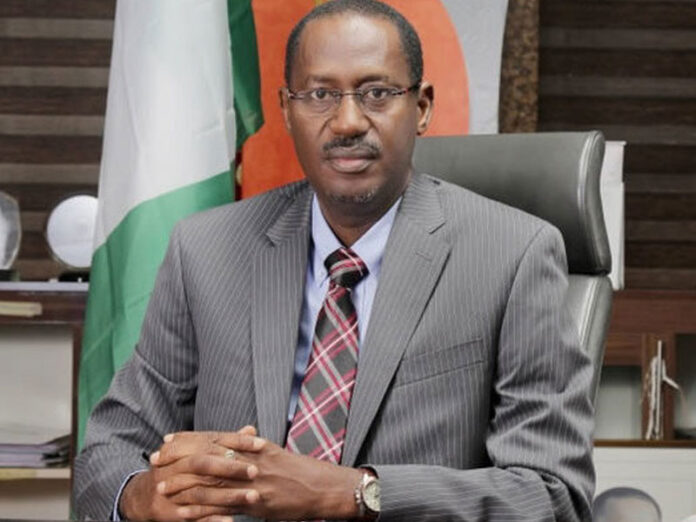*Says new urban agenda to promote public health, tackle climate change
CHIGOZIE AMADI
Minister of Housing and Urban Development, Ahmed Dangiwa, yesterday, said the National Urban Development Policy (NUDP), currently in the works, will make Nigerian cities sustainable and resilient.
Delivering the keynote address at the 13th meeting of the National Council on Lands, Housing, and Urban Development, in Gombe, Dangiwa said rapid urbanisation will see the country’s urban population rise to 70 per cent by 2050.
With a plan to make Nigerian cities “15-minute cities”, Dangiwa, according to a statement by his Special Assistant on Media, Mark Chieshe, stated that this will be made effective by prioritising planning, innovation and sustained policies.
He added that the policy was currently awaiting approval by the Federal Executive Council (FEC), stressing that it is necessary for Nigeria’s sustainable future as it can promote public health, mitigate climate change, and create a safe ecosystem for all.
The minister said, “The NUDP’s vision is clear: to transform Nigeria’s cities into well-functioning, prosperous, resilient, secure, and liveable spaces for all. Achieving this vision demands a ‘business unusual’ approach, one that replaces ‘urban pessimism’ with ‘urban optimism.’’
According to him, it means embracing high-density urban development over sprawl, safeguarding agricultural land and resources, and adopting integrated, evidence-based urban policies.
He stated, “The NUDP also promotes a ‘healthy cities’ concept, integrating environmental health with secure, resilient urban spaces. This involves essential services like waste management, water, sanitation, and local public health systems.”
He described the “15-minute city” model as one where essential services were within walking distance and offered accessible, self-sufficient neighbourhoods that promoted health and connectivity.
Dangiwa emphasised that the need for an urban policy was long overdue considering the fast pace at which the country’s urban population was increasing.
He called for an annual national urban forum, which he said was part of the resolutions reached at the recent World Urban Forum in Egypt.
Dangiwa stated, “We must grasp the scale of our urban growth and the profound challenges it brings. Nigeria’s urban population is expanding rapidly, driven by an annual growth rate of 4.1 per cent.
“From just 9.4 per cent in 1950, our urban population now exceeds 52 per cent, with projections indicating a rise to 70 per cent by 2050. By then, Nigeria will likely be the world’s third most populous country, with over 400 million people.”
According to him, Nigeria has eight cities with a population above 1 million people each, and another 81 cities each with a population ranging from 100,000 to one million, yet with 58.8 per cent of the urban dwellers lived in slum conditions.
He added that the goal of the policy was to provide a framework to guide long-term, sustainable urban growth, addressing not only housing and infrastructure needs but also creating the foundation for economically vibrant, climate-resilient, and inclusive cities.
Explaining the nexus between effective urban planning, and public health and climate change, Dangiwa said proper planning will ensure better sanitation, disease control and containment, with quicker access to health facilities.
He stressed, “NUDP also prioritises climate responsiveness. Climate change poses a severe threat, with impacts like drought, flooding, and extreme weather intensifying. Without adaptation, climate change could cost Nigeria between 6 per cent and 30 per cent of its Gross Domestic Product (GDP) by 2050.
“Therefore, urban planning is a frontline defence in building climate resilience and economic security.”
The minister called on the federal, state, and local governments to embark on urgent collective actions towards implementation of the policy when it comes on stream.
He stated that while massive housing construction and new cities development were urgent priorities at this time, they must be done alongside effective urban planning.
He commended the efforts of President Bola Tinubu over the last one year in the area of housing development, stating that the ministry has more houses under construction in one year than it built in the previous eight years put together.























